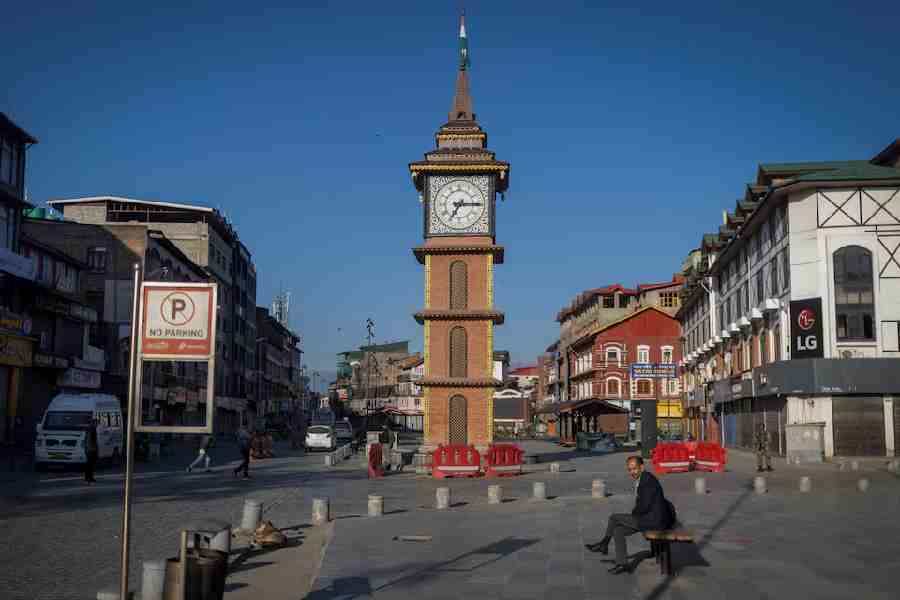Kashmiri Pandits are up in arms against beef consumption in the Valley, pointing to a now-scrapped law that criminalised the slaughter of bovine animals.
The Kashmiri Pandit Sangharsh Samiti (KPSS) on Tuesday lauded the growing calls by local Muslims seeking a ban on liquor consumption in the Valley, saying it resonated with the social and religious ethos of the place.
“However, the silence surrounding the rampant beef trade is both disturbing and revealing. Over the past 35 years, the unchecked mushrooming of beef shops — openly displaying carcasses — has not only unsettled native Hindus but also Indian Hindu tourists, who form over 95 per cent of the region’s tourism economy,” Sanjay Tickoo, the president of the group, said.
“The discomfort is real, the questions valid, and yet the administration remains mute,” he added.
Tickoo was all praise for laws that criminalised cattle slaughter and imposed harsh penalties, which were opposed by Muslims in the past.
The slaughter of cows and other bovine animals was banned by the erstwhile Dogra rulers, with the prohibition continuing after 1947. Despite these laws, beef was widely consumed in rural Kashmir, but Srinagar residents gave it a wide berth.
Beef consumption, however, is gradually making inroads into the city.
“Historically, cattle slaughter was not only socially unacceptable in Kashmir but also legally prohibited. Under the Ranbir Penal Code (RPC) of 1989, Sections 298-A to 298-D criminalised the slaughter of bovine animals and the possession of their flesh,” Tickoo said.
“Section 298-A prescribed up to 10 years of imprisonment for voluntarily slaughtering a cow, bull or calf. Even possessing their meat (Section 298-B) was punishable,” he said.
Tickoo said these laws reflected the “pluralistic sensitivities of the region” but after 2019, following the Jammu and Kashmir Reorganisation Act, these provisions “were repealed under the guise of legal uniformity — ironically stripping Kashmir of its traditional safeguards that upheld interfaith harmony”.
No law currently bans beef consumption in Jammu and Kashmir.
The Pandit leader, however, claimed that beef outlets and slaughterhouses were operating illegally and their numbers were growing unabated.
“This unchecked expansion is not accidental — it flourishes with the tacit, unofficial consent of those in power, whose silence and inaction can only be explained by reasons that are obvious to anybody who is observant. Such complicity undermines not only the law but the very idea of secular governance,” he said.
In February, police had removed a signboard put up by a local traders’ association that asked tourists to respect the local culture and desist from drinking alcohol in Kashmir.











